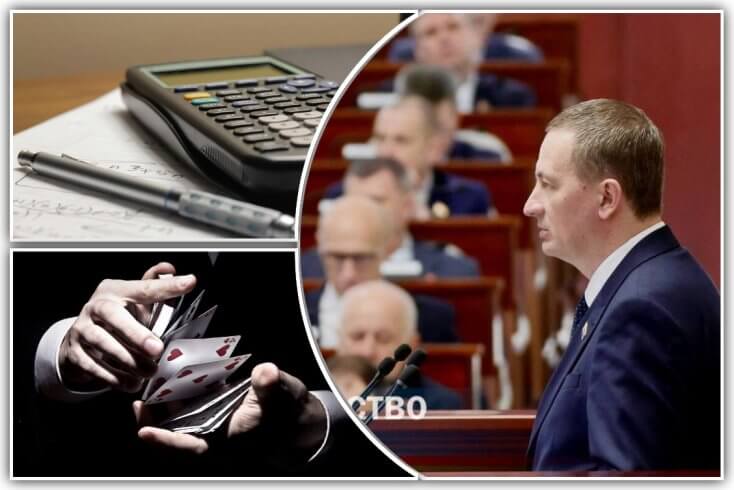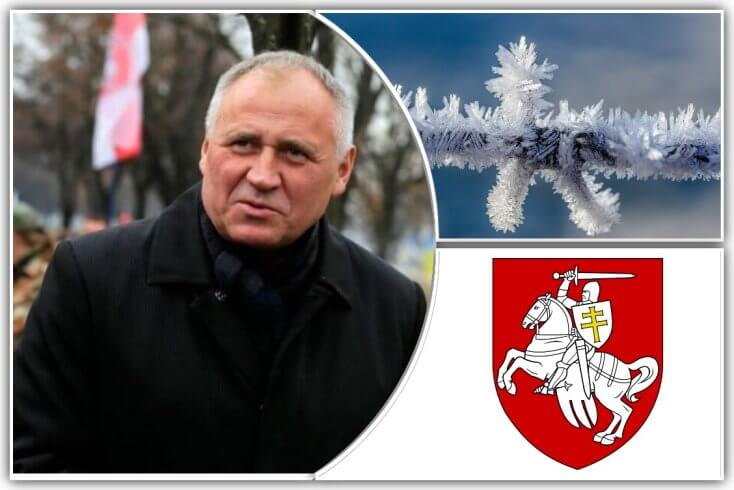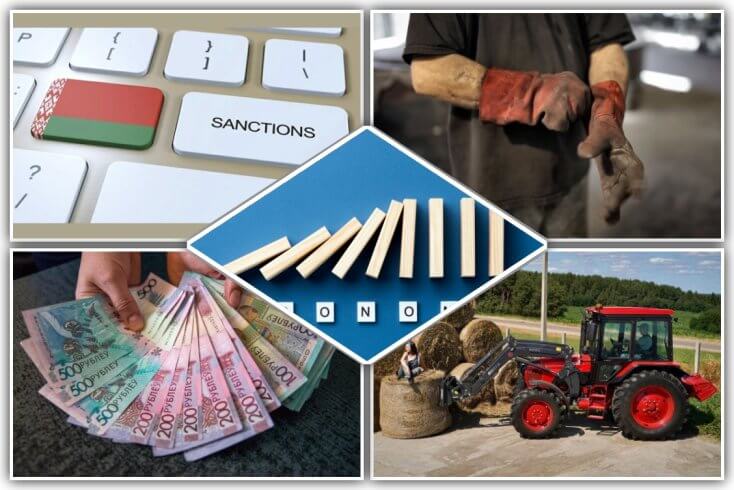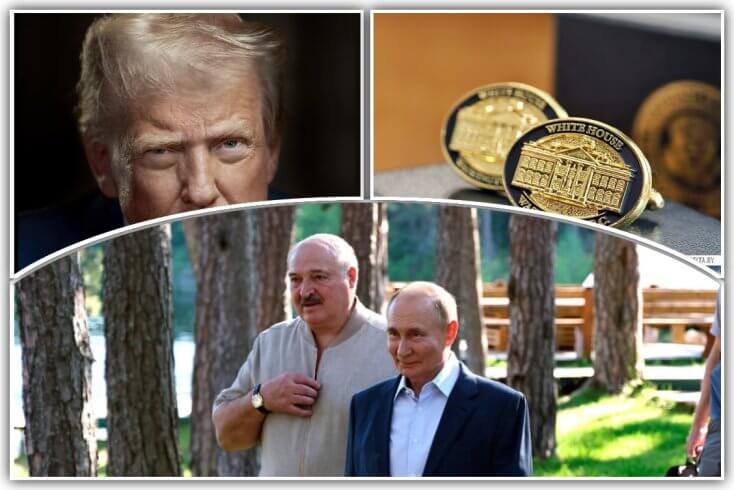The political reprisals that started after the 2020 disputed presidential election forced hundreds of thousands Belarusians to flee abroad, some of them ended up in France. Pozirk sat down with Véronique Bertholle, vice mayor of Strasbourg, on October 29 to talk about issues Belarusians are facing in France.
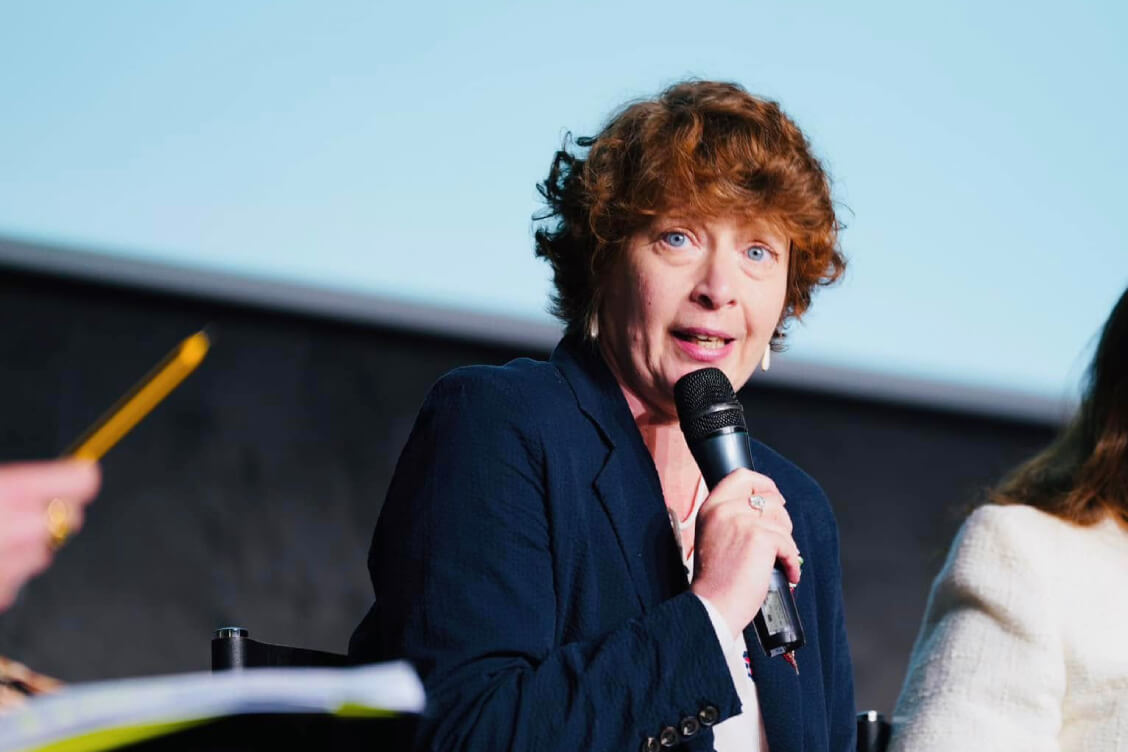
Bertholle is responsible for cross-border, European and international relations and ties with European institutions at the mayor’s office. The conversation was recorded on the sidelines of the Congress of Local and Regional Authorities, a Council of Europe institution, in which Bertholle is a speaker on youth affairs.
Pozirk: Do you know about the Belarusian diaspora living here in France and specifically in Strasbourg?
VB: OK, I know a little bit. I don’t know exactly how many there are because they are quite discreet, I have to say. But they are very supportive. The Belarusian diaspora, being present in Strasbourg, is very supportive to resistance movements in Georgia and Ukraine. When we have demonstrations on the street or when we have public events, this is the moment they appear.
Otherwise, they’re very, very discreet, generally.
And the case I spoke about, at the plenary session in the Congress, is a sociologist, a researcher, an academician at the University of Strasbourg.
Maybe it’s better I don’t say his name, but he has French and Belarusian nationality. And he was sentenced in absentia for like being a danger for Belarus because of his work and the content of his research.
He was doing research into rock music as an expression for resistance. A very dangerous person. It’s already a very dangerous thing, yeah. It was the first time a French citizen was sentenced because of his double citizenship.
That was the first time that they dared to do it. Usually they just did it for Belarusian citizens, but that was the first time that they dared to do it for a French one. His case is an example that you are never safe. They are trying to spread their strategy of influence and fear and threat across the borders of Belarus and they want to reach also the Belarusian diaspora in other countries.
Pozirk: That was a dual citizenship case. Many Belarusians in exile have been deprived of their only Belarusian citizenship by Łukašenka’s passport decree, which prohibited consulates from extending the validity of passports or issuing new ones. Do local authorities help Belarusians legalize?
VB: Unfortunately, the question of nationality or papers is not in the local competence. It’s not at our level, mayors or local councils. This is a competence at the state level with the Ministry of Internal Affairs being in charge. All we can do is alert about the situation, saying this person is present on our territory and they have expired papers or they have no papers or they are in the middle of an asylum or refugee request. How long will it take and how can we accelerate the procedure? But it’s not in our, unfortunately, not in our power.
Pozirk: How does Strasbourg help foreigners live here and adapt?
VB: It’s our policy to be a welcoming city for artists or people who are in danger in their country of origin because of their work and because of their freedom of expression is in danger. It’s an open city for artists, journalists, writers in danger. We are part of a network of cities called ICOR. Maybe you heard of it. So we have this program of providing accommodation and a place to work for two years, the time that is usually needed for getting an asylum. At the moment we have a Lebanese journalist, a woman who was threatened by Hezbollah. At the moment we host her. Of course, if you ask me, I would say we’re not doing enough because we don’t have extensive budget for it. We have so many people on the reserve list. So many people need shelter and refuge here. We try to work with other cities in France because we just cannot host them.
Pozirk: Do you have any message to the Belarusian diaspora here in Strasbourg?
What do you want to see from them? More activities, maybe you want them to be more visible for the local authorities.
VB: I understand why they keep discreet. I totally understand that they don’t want to be too visible because most of them still have relatives in Belarus. So I can totally understand this, that they want to keep low profile. Most importantly, they just should reach me, so that we can get to know each other and see what we can do without putting them or their relatives in danger. I think we can work together.
Pozirk: Maybe if we see a broader picture, Belarus and France have very old ties. Take, for instance, Marc Chagall, who was born in Viciebsk and moved to France. So do you think this wave, a new wave of diaspora coming here to France could be a new page in Belarusian-French relations?
VB: I can say that the French population, the average French population doesn’t really know what’s happening in Belarus, doesn’t know that there are resistance movements and doesn’t know that there is the Belarusian diaspora. The diaspora does not receive media coverage at all. We heard, of course, the topic was huge in the media when there was this protest in 2020-21. But for the last four years, all we hear about Belarus is because of Russia and Ukraine. So what we try to do also in Strasbourg is to make this kind of the other Belarus better known, not the Łukašenka Belarus, but the other country and the reality of life there. So we host cultural events. We had this choir, the Free Belarus Choir, of Volny Chor. We try to raise awareness of what is the reality. But again, I wish we could do more, but for this I would need more feedback also from the people.
